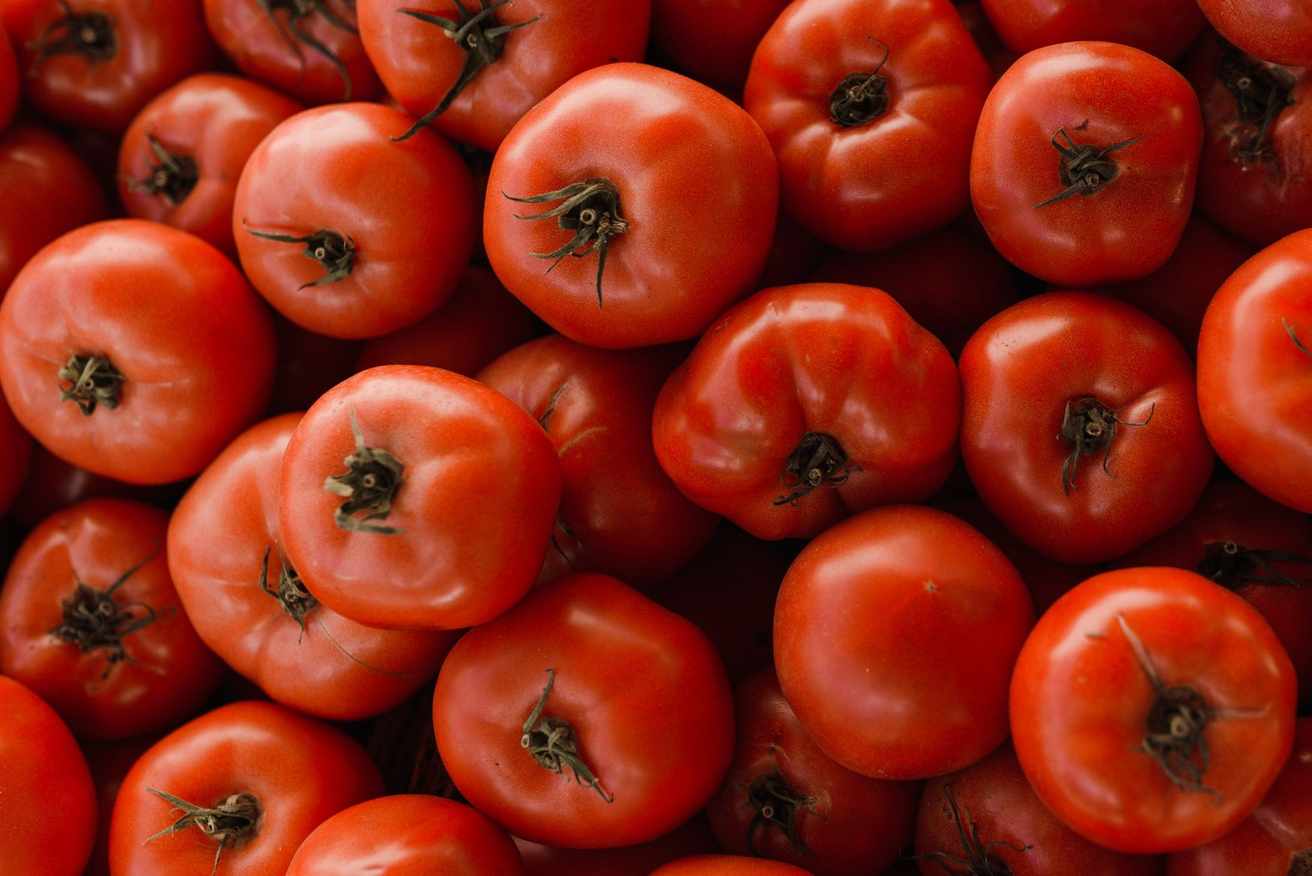Lycopene - current and potential applications in food industry and cosmetics
Lycopene is a carotenoid, an organic compound found in red fruit and vegetables, mostly tomatoes but also red carrots, watermelons, grapefruits and papayas. It has a deep red color and isn’t soluble in water.
In nature, lycopene plays important part in photosynthesis, beta-carotene synthesis and is an effective anti-oxidant.
Lycopene is widely consumed in red fruit and vegetables. As it is insoluble in water but soluble in fats – popular tomato spaghetti sauces greatly facilitate consumption of lycopene.
In industry, lycopene is currently mostly used as a food colorant (E160d) and is mainly obtained from tomatoes. However, growing amount of research prove that lycopene can be of more use for the food industry, as well as for the cosmetics.
Recent research shows that lycopene consumption may reduce blood lipids and blood pressure and decrease a risk of prostate cancer. Lycopene can also play important role improving skin quality: shielding UV-A and UV-B, anti-elastase activity, hyaluronic acid production-promoting effect, anti-melanin formation activity, and inhibitory activity for melanin precursor darkening.
As many other complex organic substances, lycopene molecules take different spacial forms while maintaining the same chemical composition: that is, lycopene has many different isomers. In plants, lycopene is mostly found in its trans isomer. When exposed to light or heat, lycopene can undergo isomerization to any of a number of different cis-isomers. Needless to say, different isomers of lycopene show different chemical properties and so vary their health and skin-improving abilities.
Pro-Organic P.S.A. can provide lycopene and beta-carotene with desired specifications from certified organic farming. With our zero-waste policy we can guarantee competitive prices without hindering the quality of the product.
Sources:
1. Cheng, Ho Ming; Koutsidis, Georgios; Lodge, John K.; Ashor, Ammar; Siervo, Mario; Lara, José (2017). "Tomato and lycopene supplementation and cardiovascular risk factors: A systematic review and meta-analysis" (PDF). Atherosclerosis. 257: 100–108. https://www.semanticscholar.org/paper/Tomato-and-lycopene-supplementation-and-risk-A-and-Cheng-Koutsidis/78dcbe96729b739f428e1d9993396dc06b990f47 . Retrieved 3 October 2023.
2. Chen, Ping; Zhang, Wenhao; Wang, Xiao; et al. (2015-08-21). "Lycopene and Risk of Prostate Cancer". Medicine (Baltimore). 94 (33): e1260. https://www.ncbi.nlm.nih.gov/pmc/articles/PMC4616444/ . Retrieved 3 October 2023.
3. Masaki Honda, “Z-Isomers of lycopene and β-carotene exhibit greater skin-quality improving action than their all-E-isomers”. Food Chemistry, Volume 421 (2023). 135954, ISSN 0308-8146. https://www.sciencedirect.com/science/article/abs/pii/S030881462300571X . Retrieved 3 October 2023.
